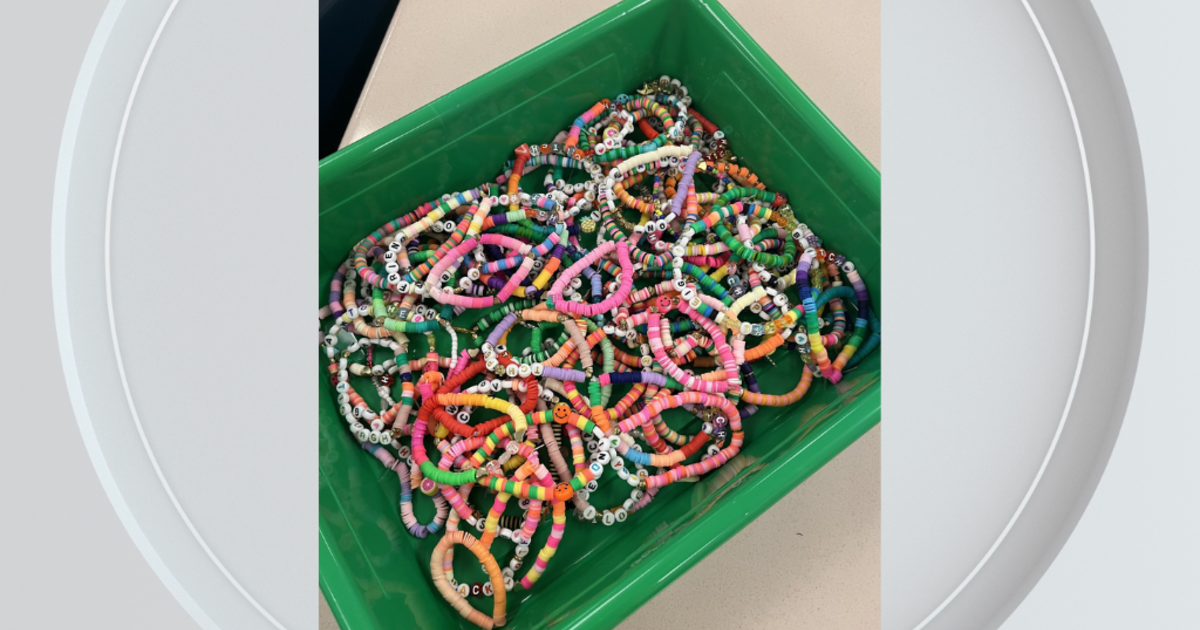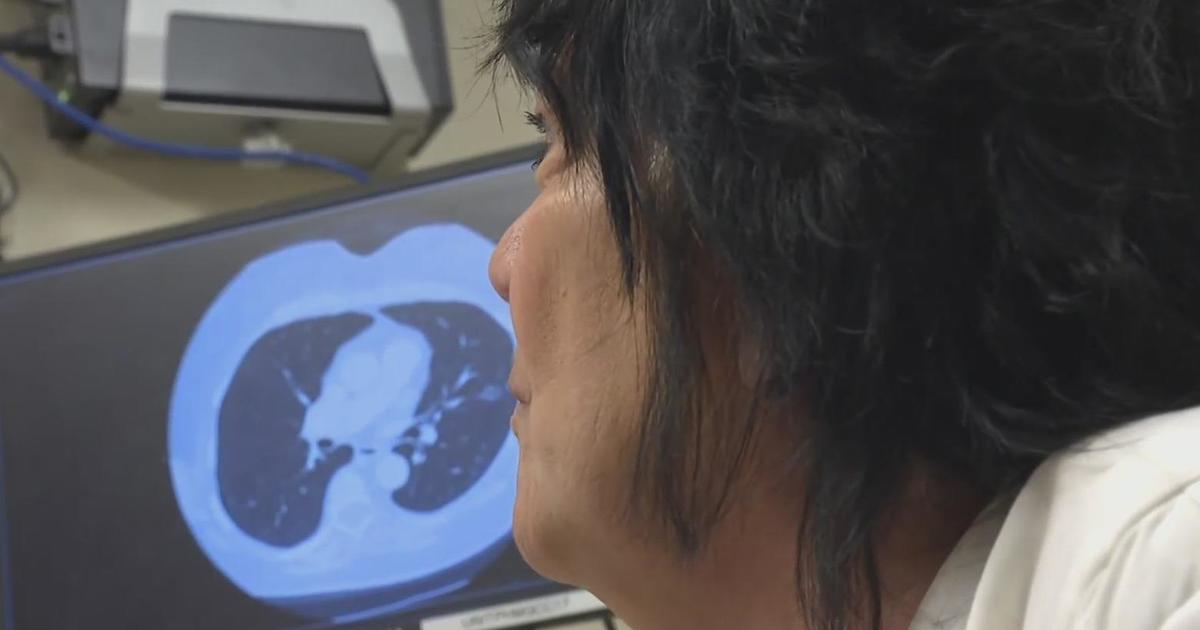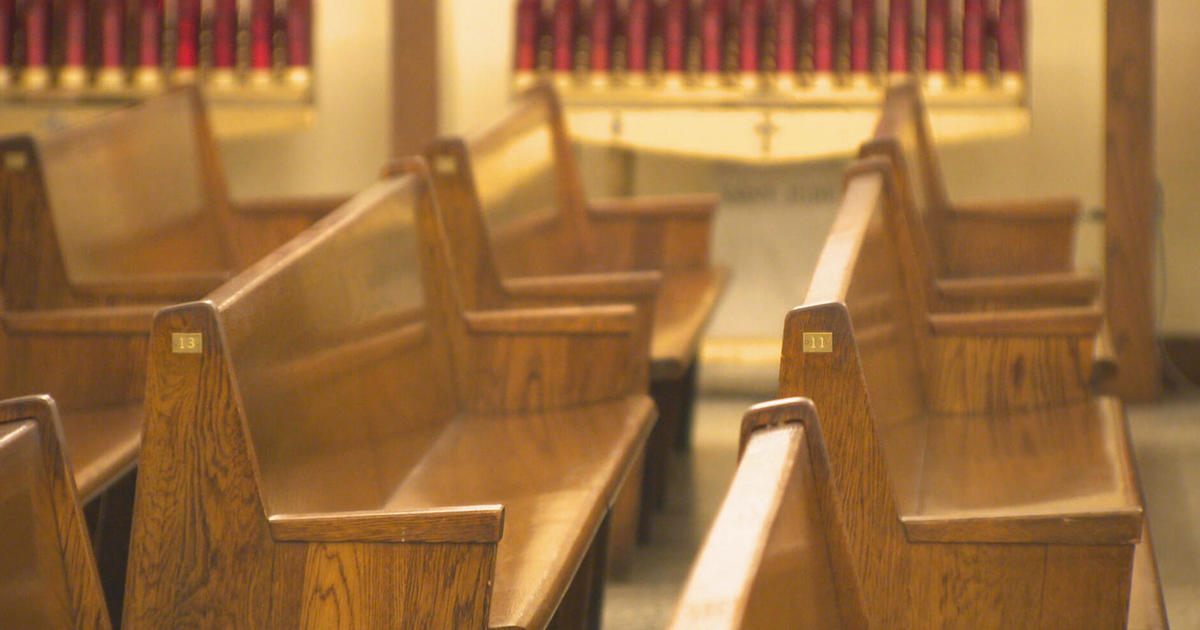Diagnosing Common Heart Problem Made Easier With Cardiac MRI
Follow KDKA-TV: Facebook | Twitter
PITTSBURGH (KDKA) - Kathy Knopp loves to be active -- with her dog, with her elliptical, with volunteering.
When she couldn't breathe just doing her every day activities, she knew something was wrong.
"Just walking the dog, and when I would just go up a slight grade, all of a sudden I just couldn't even catch my breath," Kathy says. "Going up a flight of stairs. Then, it got to the point where I was just on level ground, and I started to get breathless."
"Her symptoms were reproducible with exercise," says St. Clair Hospital cardiologist Dr. Christopher Pray, "and were concerning for many different cardiac causes, including coronary artery disease."
"I went to the emergency room, and thought maybe I was having a heart attack," Kathy says.
After making sure her symptoms weren't because of blocked heart arteries or other common problems, the doctors diagnosed her with a condition called hypertrophic cardiomyopathy.
With hypertrophic cardiomyopathy, the center wall of tissue between the heart's chambers is too thick. This can block blood flow out of the heart. You could have symptoms like chest pain and shortness of breath with exertion, but sometimes no symptoms at all until there is a major problem. About 1 in every 500 people has the condition.
An ultrasound of the heart hinted at the trouble, then a cardiac MRI confirmed it.
"With cardiac MRI, we're able to get more detail, and specifically, evaluate for the presence of any scarring within the heart," says Dr. Pray.
Scarring increases the risk of heart rhythm abnormalities and sudden death.
It used to be MRIs for the heart were only done at large, teaching medical centers. Now, they're also available in the community.
"It's rapidly expanding, and it's becoming standard of care for a lot of these patients," says Dr. Pray.
"I thought I'd have to go down to Oakland, I didn't know where we'd have to do this. I've never heard of it before. And I just went out to the Peter's office and had it done," says Kathy.
Cardiac MRI can't be done if you have magnetic metal in your body, for example, shrapnel. And if your kidneys are bad, you can't get the intravenous injection to make certain parts of the images clearer. The test takes about an hour - with you lying on your back in a narrow tube. And it is covered by insurance.
"There's been no issues that I've experienced having this accepted for them," says Dr. Pray. "All patients with this should have a cardiac MRI."
Because the heart condition is genetic, other family members should be screened with an ultrasound of the heart.
Kathy takes medicine, which, after some dosage adjustment, controls the shortness of breath.
"And that helped, I could tell right away, when I would walk the dog, my heart didn't flutter, it really didn't make me breathless," says Kathy.
Kathy was worried about sudden cardiac death until she got her MRI results.
"Because that was able to show whether I had scar tissue on my heart," says Kathy.
And she didn't.
"I'm doing great," she says. "I'm on the medicine every day, and life's back to normal."



